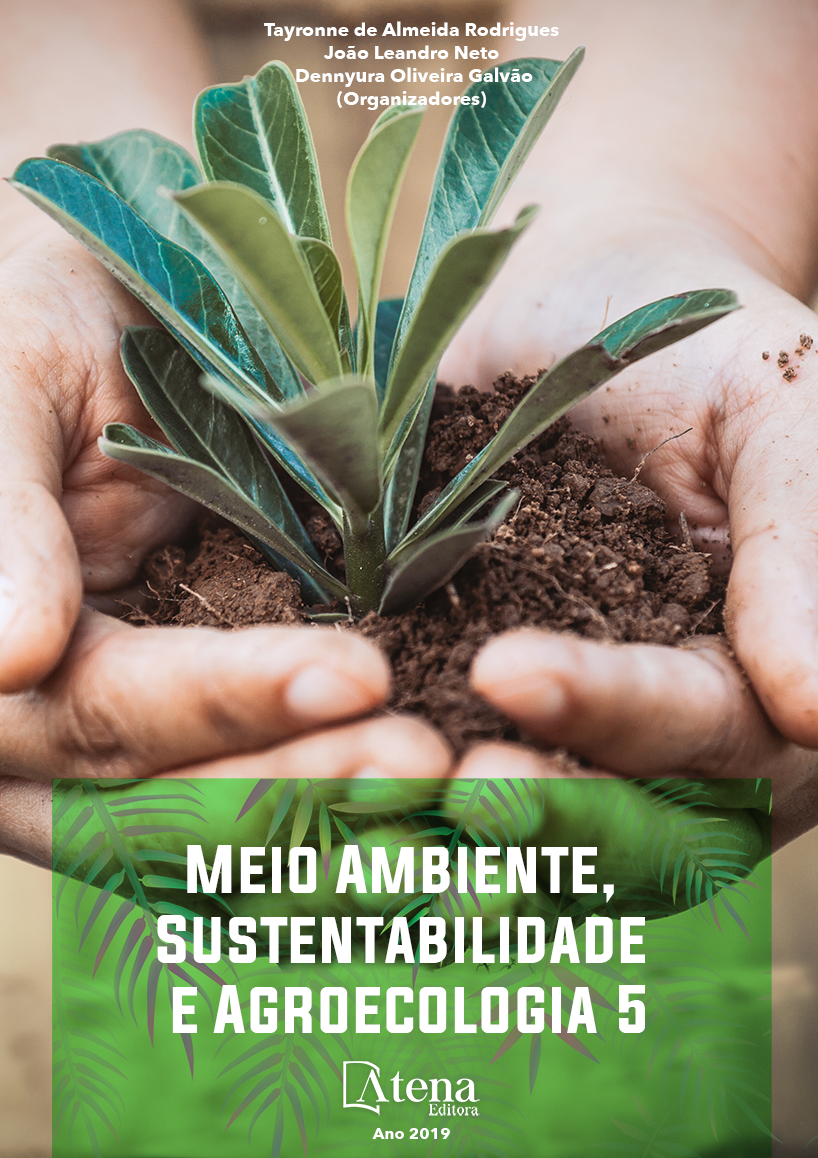
O USO DE MAPAS MENTAIS COMO METODOLOGIA PARA O DESENVOLVIMENTO DA TRANSIÇÃO AGROECOLÓGICA E DA AUTONOMIA ECONÔMICA DE MULHERES RURAIS
Esse trabalho propõe relatar a
experiência realizada através do Núcleo de
Estudos em Agroecologia e Economia Feminista
(NEA/IFSP-Matão) com o grupo produtivo de
mulheres do Assentamento Córrego Rico em
Jaboticabal, SP, no que se refere ao apoio
à transição agroecológica acompanhado do
desenvolvimento da autonomia econômica
das mulheres envolvidas. Dentre as atividades
desenvolvidas, foram realizadas ações
que permitissem o fortalecimento do grupo
de mulheres, a capacitação em gênero e
agroecologia. O destaque, nesse trabalho,
é a construção dos mapas de percepção
espacial que permitem identificar o lugar do
trabalho produtivo, autônomo e agroecológico
das mulheres, chamados na literatura de
quintais produtivos, assim como demonstram
a divisão sexual do trabalho que ocorre na
família, promovendo a reflexão acerca das
desigualdades de gênero na agricultura de
base familiar. Os mapas cumprem a função de
metodologia para o trabalho extensionista com
as mulheres, assim como de metodologia de
pesquisa acerca da economia das mulheres.
Na experiência desenvolvida foram apontadas
algumas considerações: redefinição de quintais
produtivos; relação entre as percepções
das mulheres e as definições de economia
feminista; construção da agroecologia a partir do
desenvolvimento da autonomia das mulheres;
relação entre trabalho produtivo e a reprodução
da agrosociobiodiversidade.
O USO DE MAPAS MENTAIS COMO METODOLOGIA PARA O DESENVOLVIMENTO DA TRANSIÇÃO AGROECOLÓGICA E DA AUTONOMIA ECONÔMICA DE MULHERES RURAIS
-
DOI: 10.22533/at.ed.31619160424
-
Palavras-chave: Cadernetas Agroecológicas; Economia Feminista; Percepção Espacial; Quintais Produtivos, Agroecologia.
-
Keywords: Agroecological Booklet; Feministy Economy; Spatial Perception; Productive Backyards, Agroecology.
-
Abstract:
This work proposes to report
the experience of the Group of Studies in
Agroecology and Feminist Economics (NEA/
IFSP-Matão) with the productive group of women
of the Córrego Rico Settlement in Jaboticabal,
State of São Paulo, Brazil, regarding support
for the agroecological transition accompanied
by development of the economic autonomy
of the women involved. Among the activities
developed, actions were taken that allowed the
strengthening of the women’s group, training in
Meio Ambiente, Sustentabilidade e Agroecologia 5 Capítulo 24 205
gender and agroecology. The emphasis in this work is the construction of maps of spatial
perception that allow identifying the place of productive, autonomous and agroecological
work of women, called in the literature of productive backyards, as well as demonstrating
the sexual division of labor that occurs in the family, promoting reflection on gender
inequalities in family-based agriculture. The maps fulfill the function of methodology for
extension work with women, as well as research methodology about the economics of
women. In the experience developed were pointed some considerations: redefinition
of productive yards; relationship between women’s perceptions and definitions of
feminist economics; construction of agroecology through the development of women’s
autonomy; relation between productive work and the reproduction of social biodiversity
-
Número de páginas: 15
- Alexandra Filipak
- Ana Maria Baccarin Xisto Paes
- Sany Spínola Aleixo


